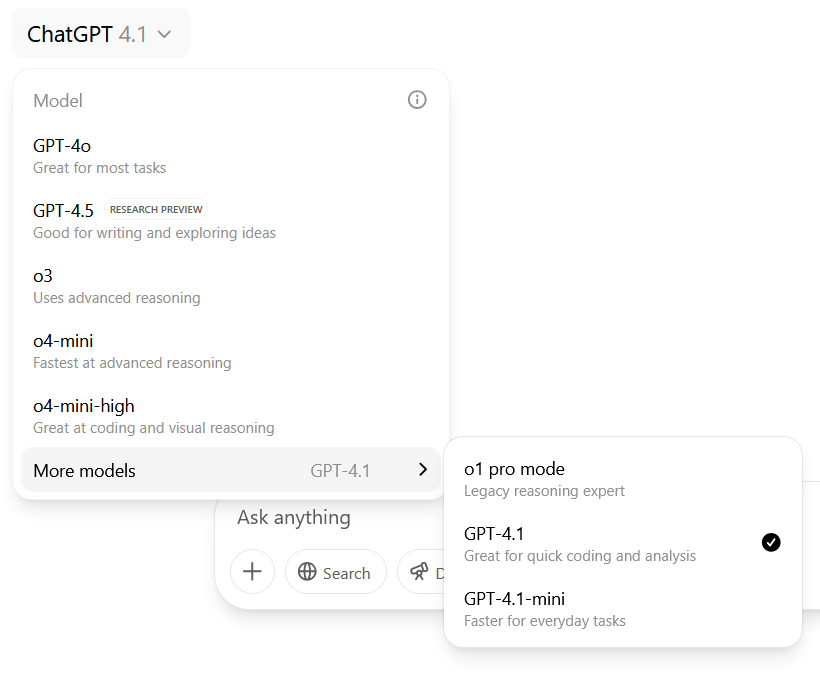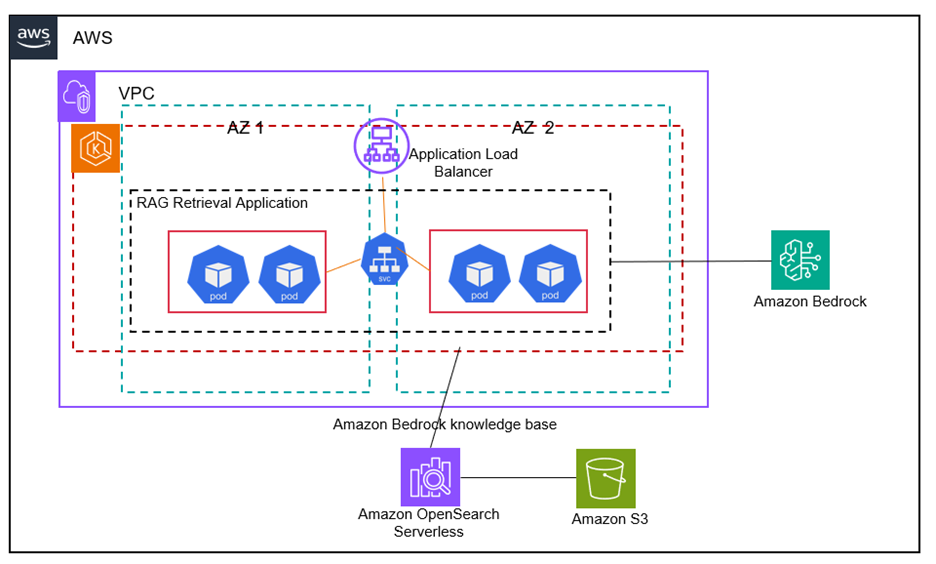Quantization reduces memory usage in large language models by converting parameters to lower-precision formats. EoRA improves 2-bit quantization accuracy, making models up to 5.5x smaller while maintaining performance.
Vision-language models struggle with negation, impacting accuracy. MIT researchers urge caution in using these models blindly.
Apache Parquet is a game-changer in data storage, offering data compression, columnar storage, language flexibility, open-source format, and support for complex data types. Unlike traditional row-based storage, Parquet's column-based approach allows for faster data read operations, optimizing analytics workloads.
OpenAI introduces GPT-4.1 to ChatGPT, enhancing coding capabilities for subscribers. Confusion arises as users navigate the array of available AI models, sparking debate among novices and experts alike.
DeepSeek AI's DeepSeek-R1 model with 671 billion parameters showcases strong few-shot learning capabilities, prompting customization for various business applications. SageMaker HyperPod recipes streamline the fine-tuning process, offering optimized solutions for organizations seeking to enhance model performance and adaptability.
ChatGPT expands reach with questionable companions, causing concern. First Dog merchandise available at the First Dog shop.
US Republicans seek to block state laws regulating AI for 10 years in budget bill, aiming to prevent guardrails on automated decision-making systems. Proposed provision in House bill would restrict any state or local regulation of AI models or systems unless to facilitate deployment.
Elon Musk's AI chatbot Grok malfunctions, repeatedly mentions 'white genocide' as real. Users receive false answers on unrelated topics.
Elon Musk showcases Tesla Optimus robots at Saudi summit, announces Starlink deal for maritime and aviation in Saudi Arabia. Saudi minister praises Musk as a 'lifetime partner and friend' to the Kingdom.
Study finds AI agents can develop human-like social norms when communicating in groups, like humans. Research by City St George’s, University of London and IT University of Copenhagen.
PixArt-Sigma is a high-resolution diffusion transformer model with architectural improvements. AWS Trainium and AWS Inferentia chips enhance performance for running PixArt-Sigma.
MIT's Shaping the Future of Work Initiative evolves into the James M. and Cathleen D. Stone Center on Inequality, focusing on wealth distribution and technology's impact on the workforce. Led by prominent scholars, the center aims to advance research, inform policymakers, and engage the public on critical economic issues.
Amazon EKS and Bedrock create scalable, secure RAG solutions for generative AI apps on AWS, leveraging additional data for accurate responses. Using EKS managed node groups, the solution automates resource provisioning and scales efficiently based on demand, enhancing performance and security.
New technology FaceAge.Age uses selfies to scientifically assess aging, promising a simple way to track changes over time. This innovative approach could revolutionize how we monitor our aging process.
Audible, an Amazon brand, will introduce over 100 AI-generated voices for audiobooks in multiple languages. AI technology will be used for narration, with translation capabilities to come, offered to select publishers.















